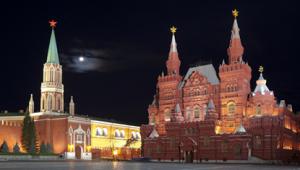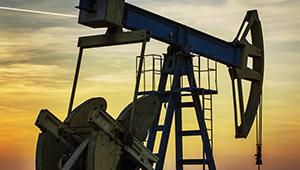In its baseline scenario, the bank said there would be a contraction of 3.8% in 2015 and 0.3% in 2016. In the medium term, the economy will need to adjust to both the lower oil prices and continued uncertainty in the region.
Michal Rutkowski, World Bank country director for Russia suggested the economic impact of sanctions is likely to linger for a long time.
‘As lessons from international experience demonstrate, economic sanctions could well alter the structure of the Russian economy and the ways in which Russia integrates with the rest of the world,’ Rutkowski said.
‘And going forward, risks arising from a lower oil price and continued economic sanctions environment will need to be managed.’
Last January, the government adopted an economic plan that was intended to boost sustainable economic development and social stability in an unfavourable global economic and political environment.
It has also announced that it will implement structural reforms in 2015/16 that are intended to lower inflation, and help vulnerable households adjust to price increases.
Proposed changes include providing support to small- and medium-sized enterprises by lowering financing and administrative costs, and taking action to lower borrowing costs in some key economic sectors. A compensation programme is also planned to protect vulnerable households such as pensioners for the costs of inflation.
The bank said its forecast assumed the government would follow the plan regardless of any changes in the oil price in 2015.
Its forecast also concluded that falls in the value of the rouble could help exporting industries, but increasing cost of imported goods and credit would erode any benefits.








